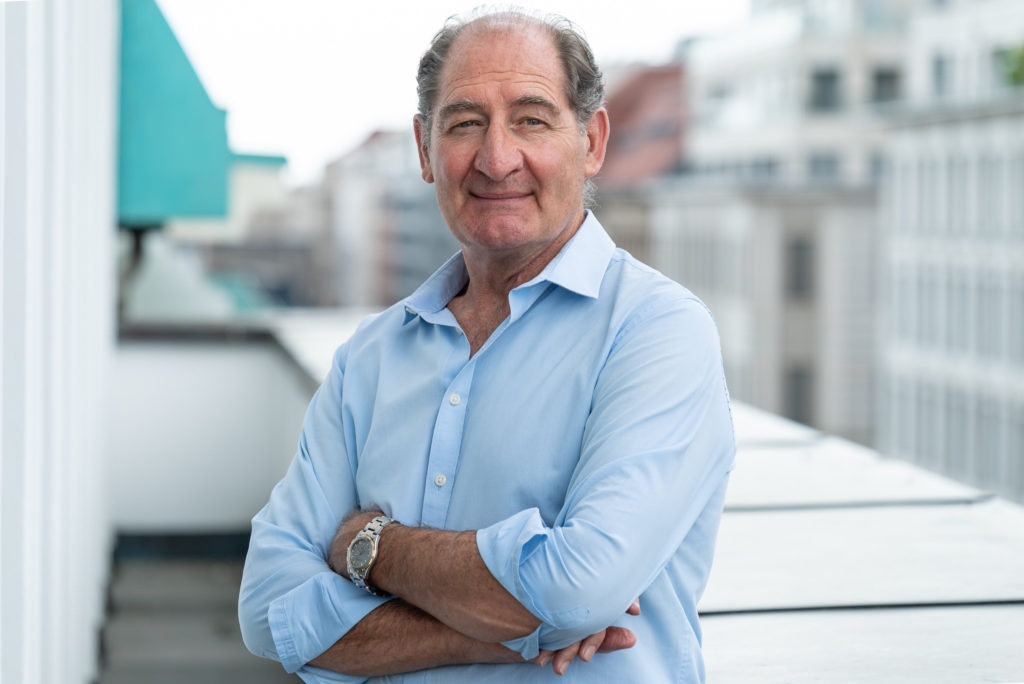
Brian Currin is a renowned South African Human Rights lawyer recognized internationally for his multidimensional global contribution as a human rights lawyer, activist and peace maker over a period of four decades.
Human Rights Attorney
Brian qualified as a lawyer in 1977 in the wake of the 1976 Soweto student riots which catalysed a new era of political protest and activism in South Africa, met with excessive security measures and gross human rights violations perpetrated by the state, marking the beginning of the end of the apartheid era through a peace process and a negotiated settlement 18 years later.
As a human rights attorney from 1977 to 1987, Brian represented thousands of anti-apartheid political activists unlawfully detained, arrested, charged and tortured. Post- apartheid, 1997 and 1998, he represented many families at the Truth and Reconciliation Commission whose loved ones had been assassinated by the apartheid security forces.
